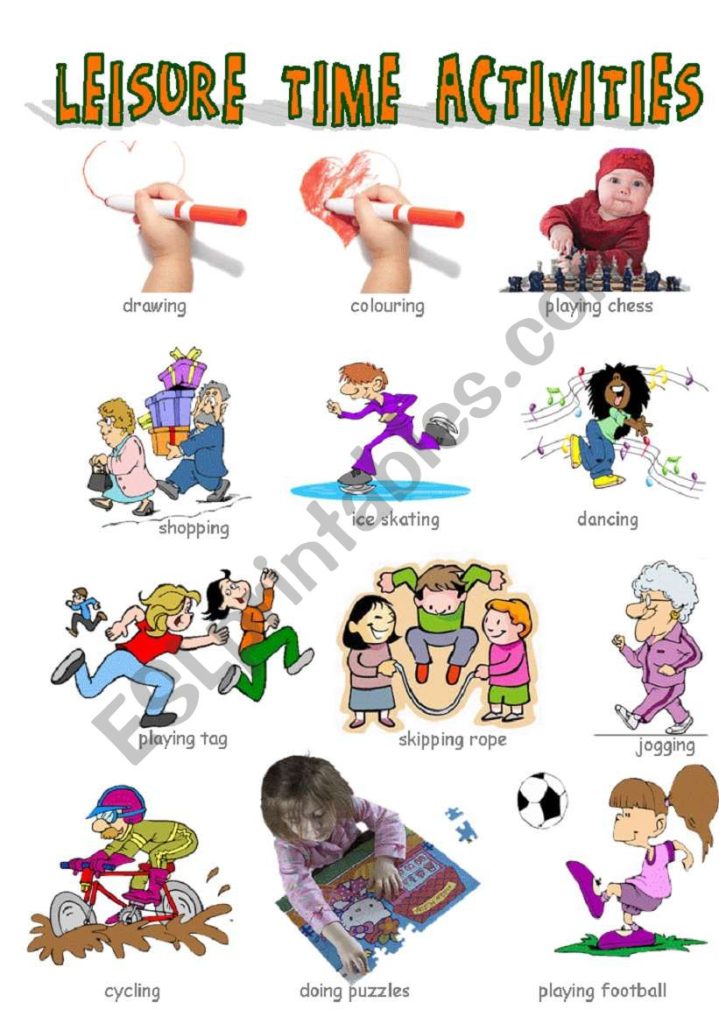
We live in a world grappling with complex global issues—climate change, poverty, inequality, and war—issues that often seem distant and overwhelming. Yet, nestled within our daily routines and recreational pursuits, a quiet guilt can linger, a subtle acknowledgment that perhaps we aren’t doing enough. This article explores the pervasive guilt of apathy—that uncomfortable feeling that arises when we choose leisure over confronting the urgent realities of our globalized world.
The guilt of apathy isn’t a new phenomenon. Throughout history, individuals have grappled with their role in societal problems, from the plight of the poor to the ravages of war. However, in our modern, hyper-connected world, the feeling is amplified. Our smartphones and social media platforms provide constant streams of information about global issues, making it harder to ignore the realities unfolding around us.
This constant exposure, while beneficial in raising awareness, can also be overwhelming. The sheer volume of suffering, injustice, and environmental damage can feel insurmountable. We might feel powerless to make a difference, leading to a sense of helplessness, and ultimately, apathy.
Consider the casual scrolling through social media. We consume images of famine-stricken children, devastated landscapes, and protests for social justice—all occurring in real time. For a fleeting moment, we’re confronted with the stark realities of our interconnected world, yet in the next, we’re often back to our daily routines, our leisure time filled with activities that don’t directly address these issues.
This disconnect—between our leisure activities and the suffering happening elsewhere—is the root of the guilt of apathy. It’s not necessarily a feeling of deep personal responsibility, but rather an awareness of the chasm between our comfortable lives and the struggles of others.
The guilt of apathy is a complex emotion. It’s not about feeling guilty for not doing enough. It’s about acknowledging the gap between our comfort and the suffering of others in our world. We aren’t necessarily obligated to solve every problem, but we are compelled to acknowledge the problems and consider our own complicity, even in small ways.
The key to overcoming the guilt of apathy isn’t to become a social activist overnight. It’s about engaging with these issues thoughtfully and consciously, making small, everyday changes that reflect our values. This could mean supporting ethical brands, choosing sustainable products, or participating in local organizations working on global issues.
We can also use our leisure time in a way that connects with the world outside our immediate sphere. Reading a book about global issues, attending a talk or a workshop, or researching a specific problem can help us process information and feel empowered to engage more meaningfully.
Ultimately, acknowledging the guilt of apathy is a crucial step toward fostering empathy and social responsibility. It’s about connecting with our global community, recognizing our own complicity in the issues, and consciously choosing actions that contribute to a more just and sustainable world.
By understanding and confronting this feeling of guilt, we can begin to bridge the gap between our leisure time and the pressing global issues of our era, leading to a more engaged and meaningful experience in both our personal and collective lives. It’s about shifting our perception, not necessarily our actions, but also becoming mindful of our own choices and how they connect with a larger global community that we are part of, whether we like it or not.
In conclusion, the guilt of apathy is a potent force shaping our modern world. Acknowledging our role in global issues, even during leisure time, is crucial for fostering a more empathetic and engaged society. By consciously choosing to engage with these issues, even in small ways, we can actively contribute to a more just and sustainable future.